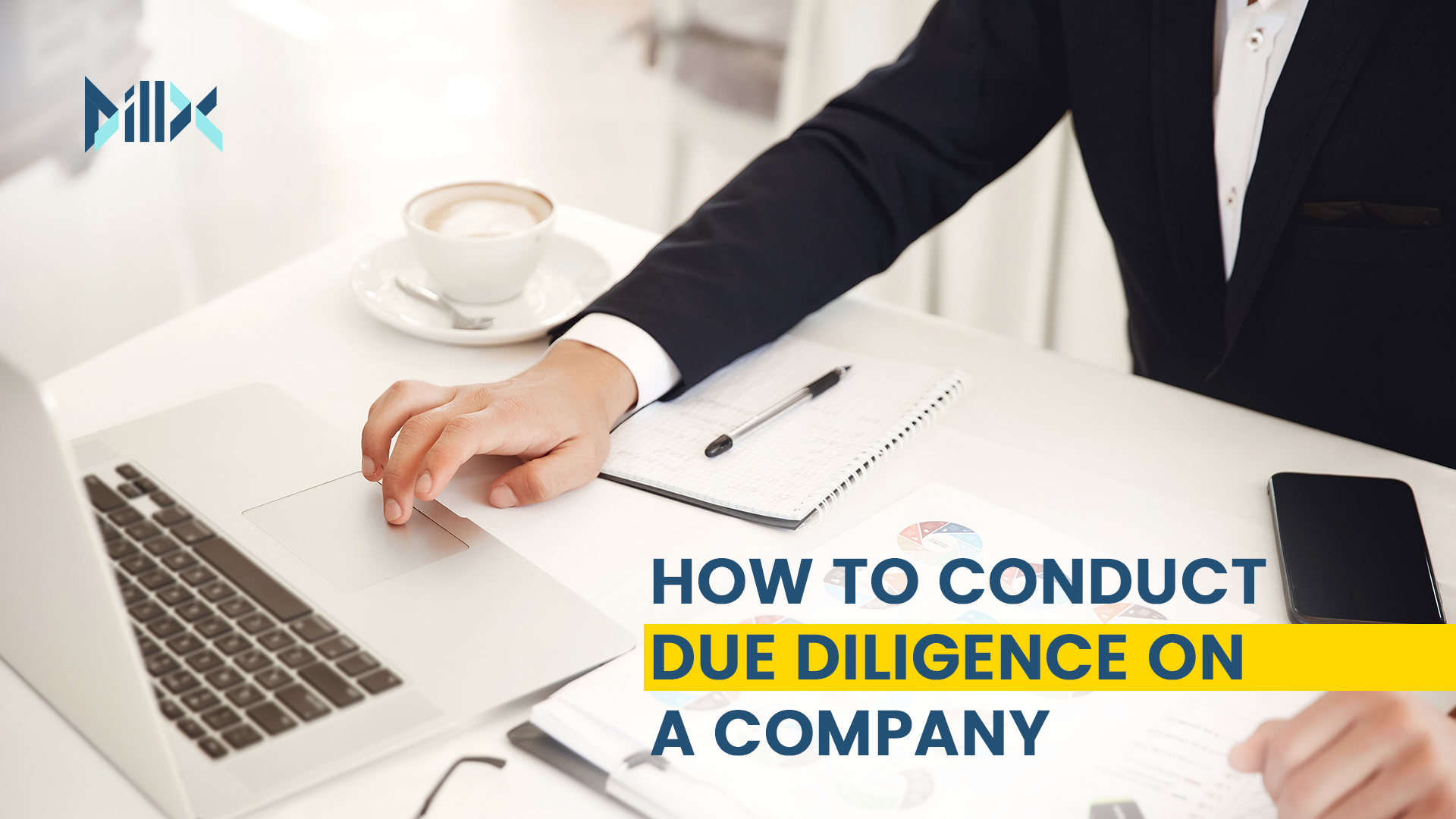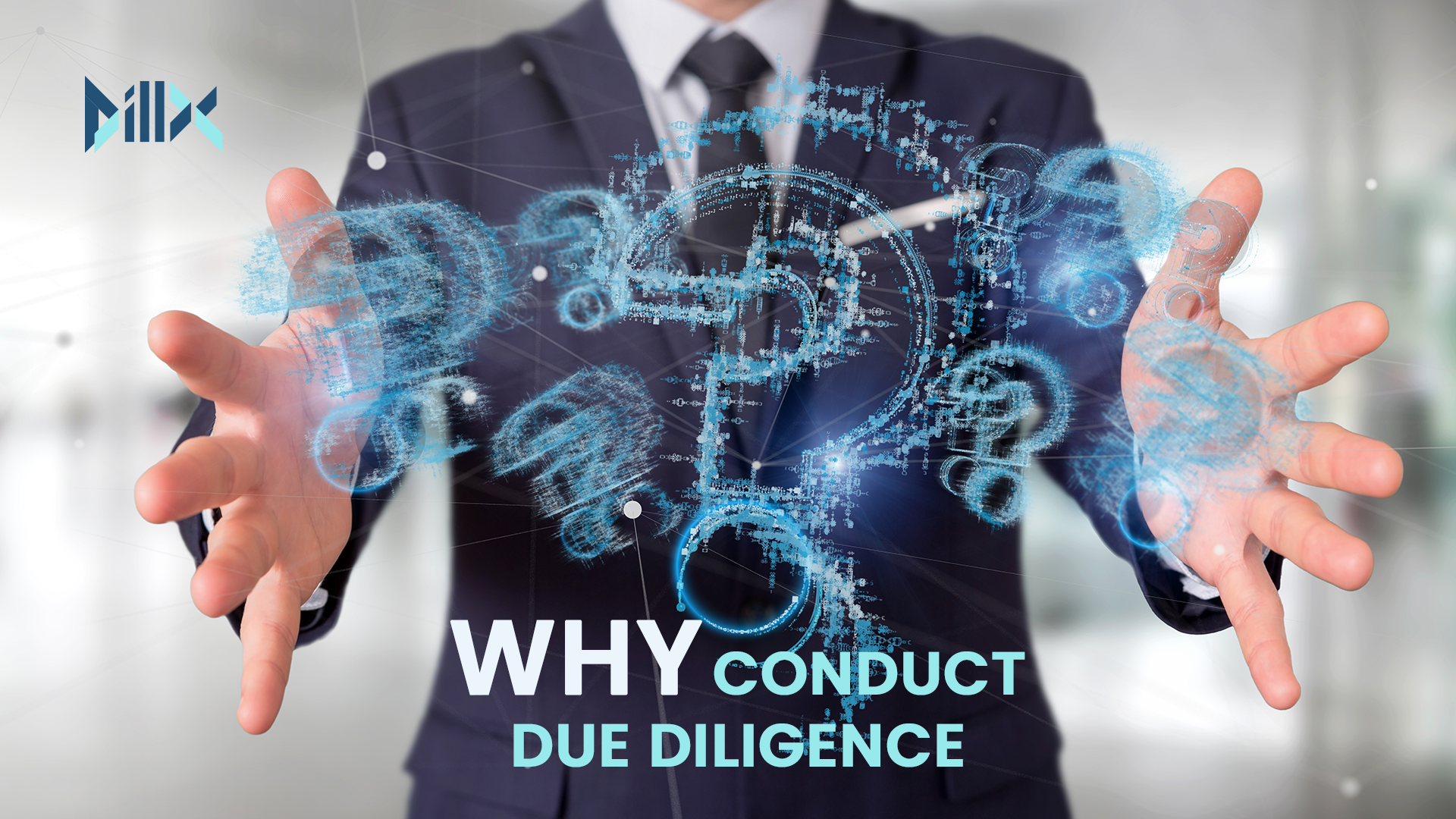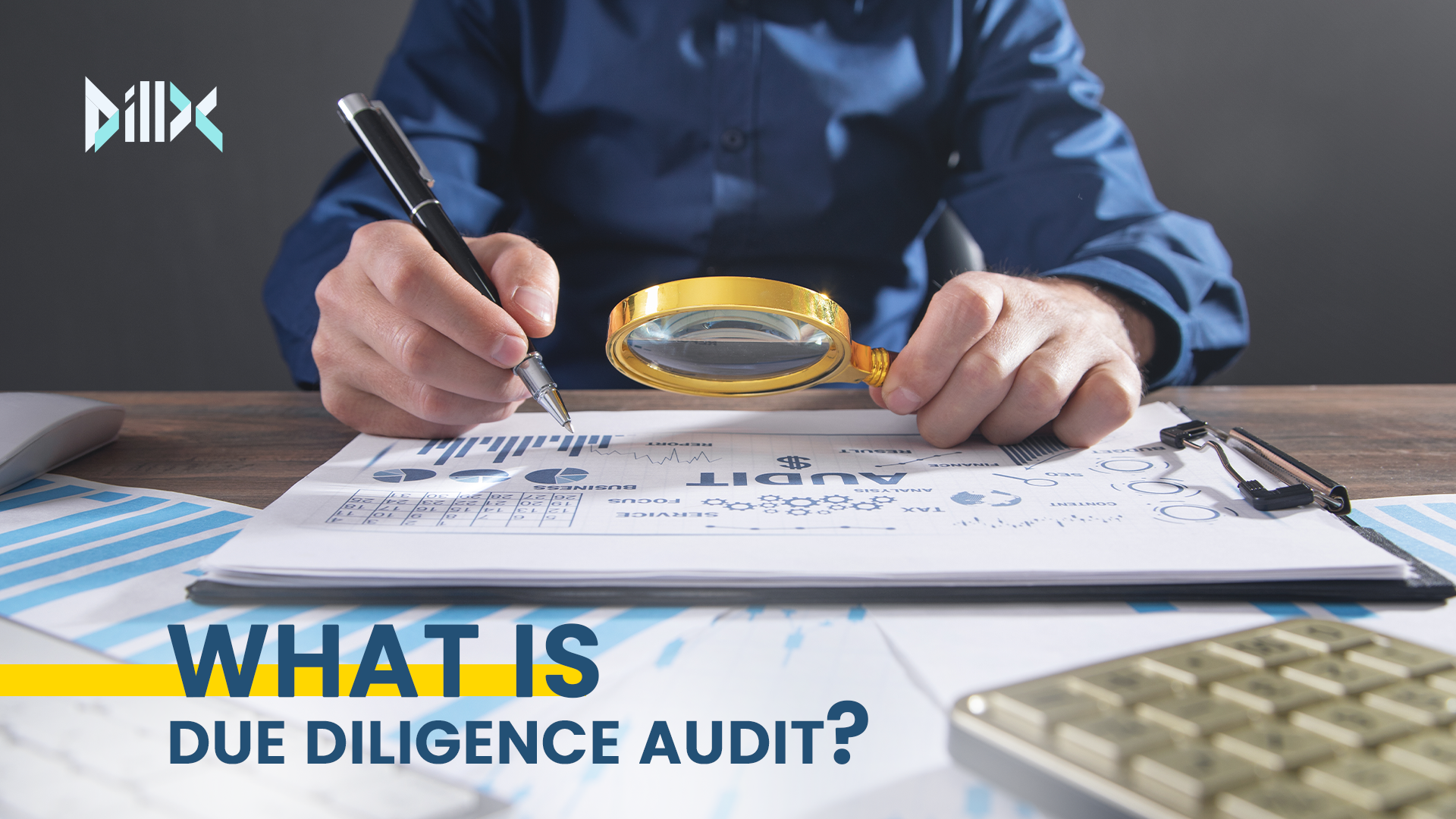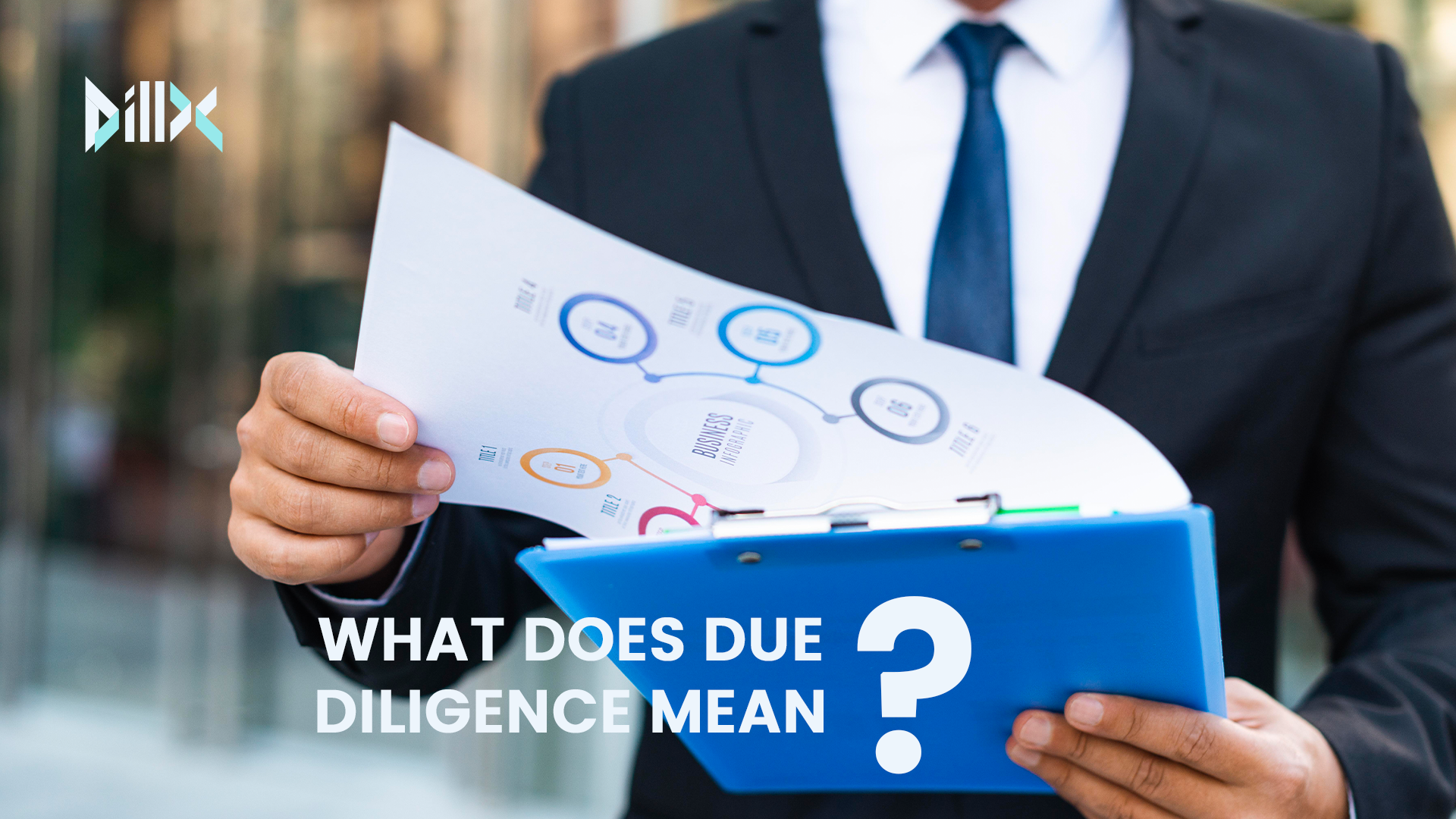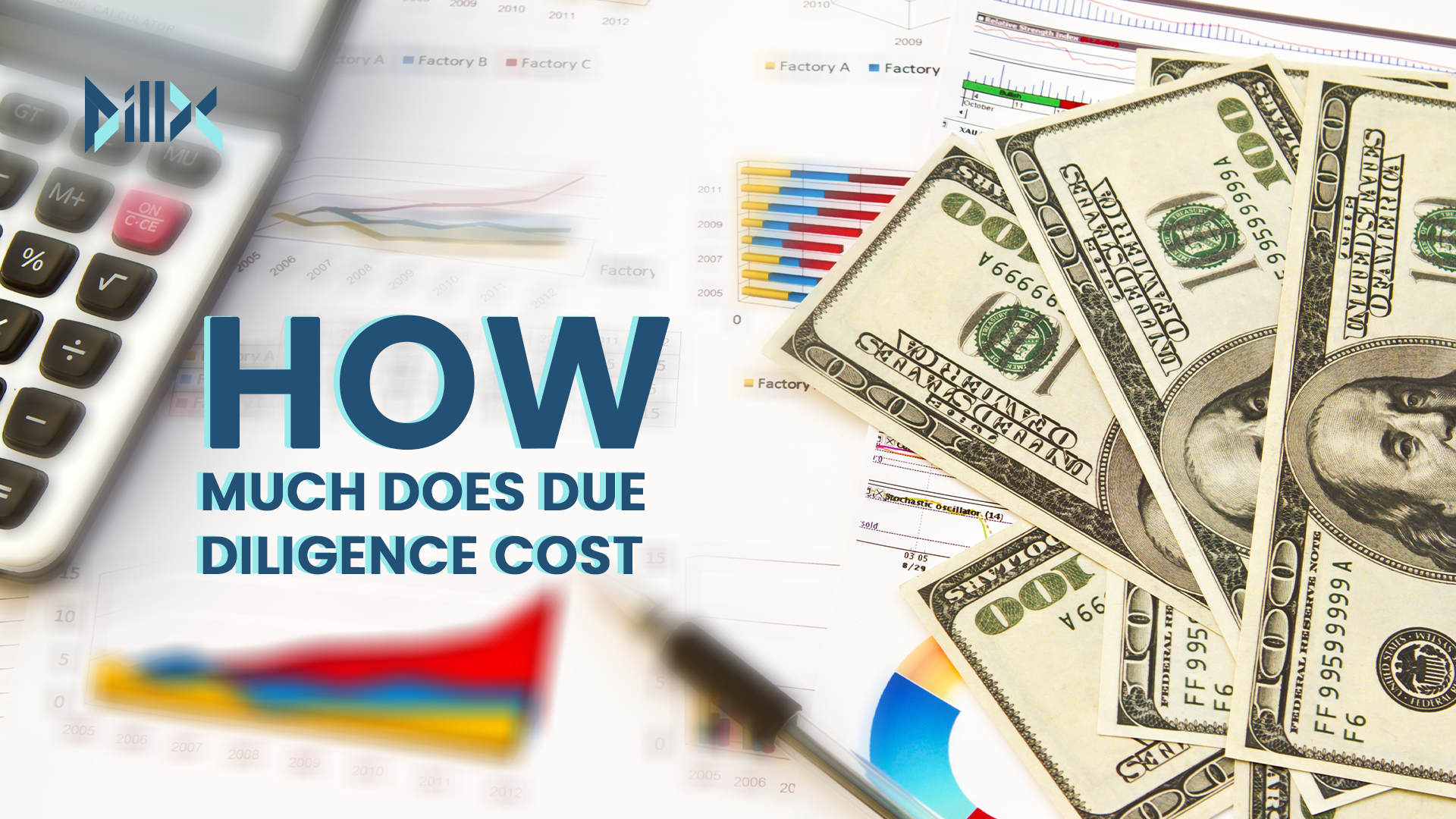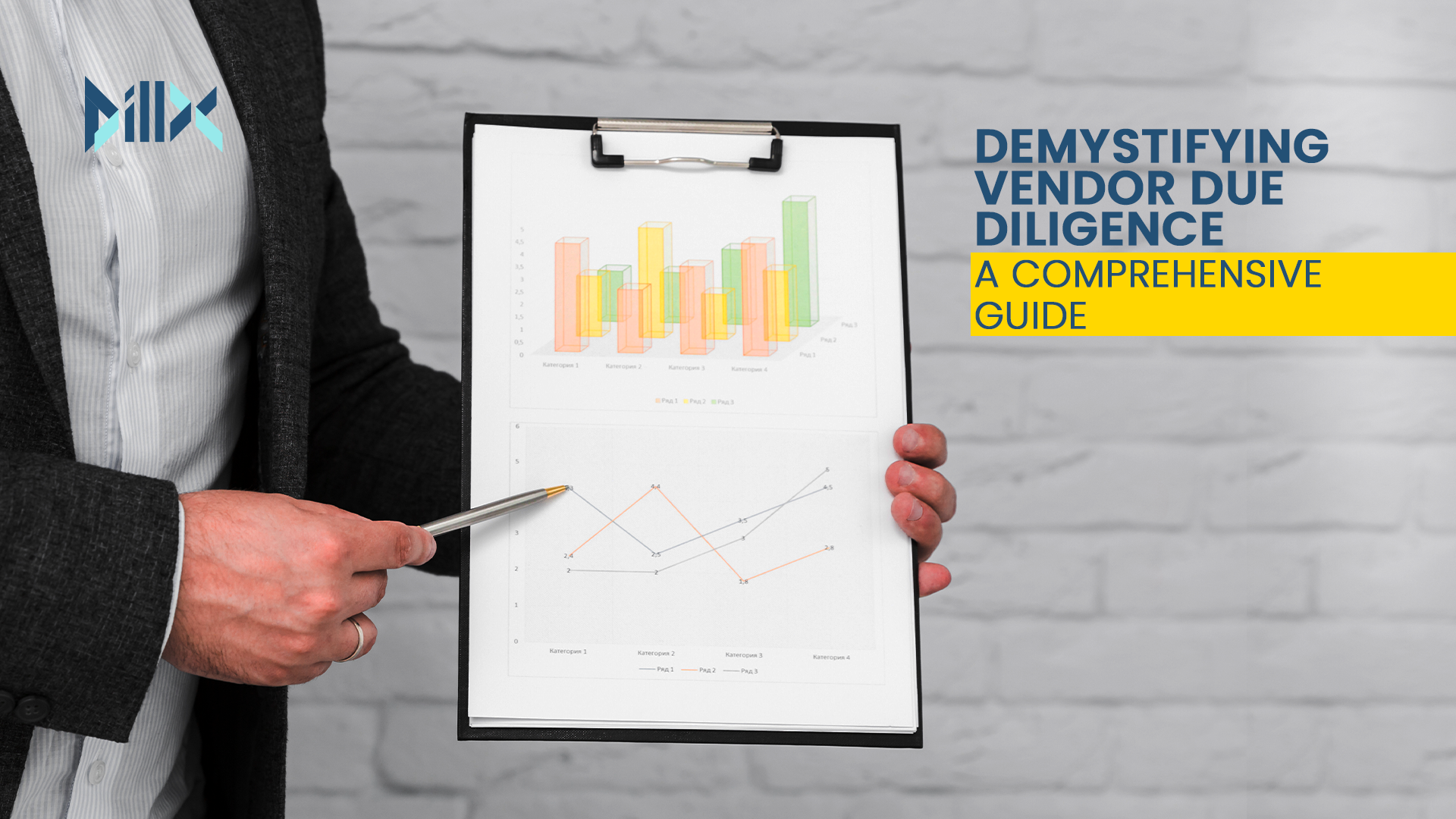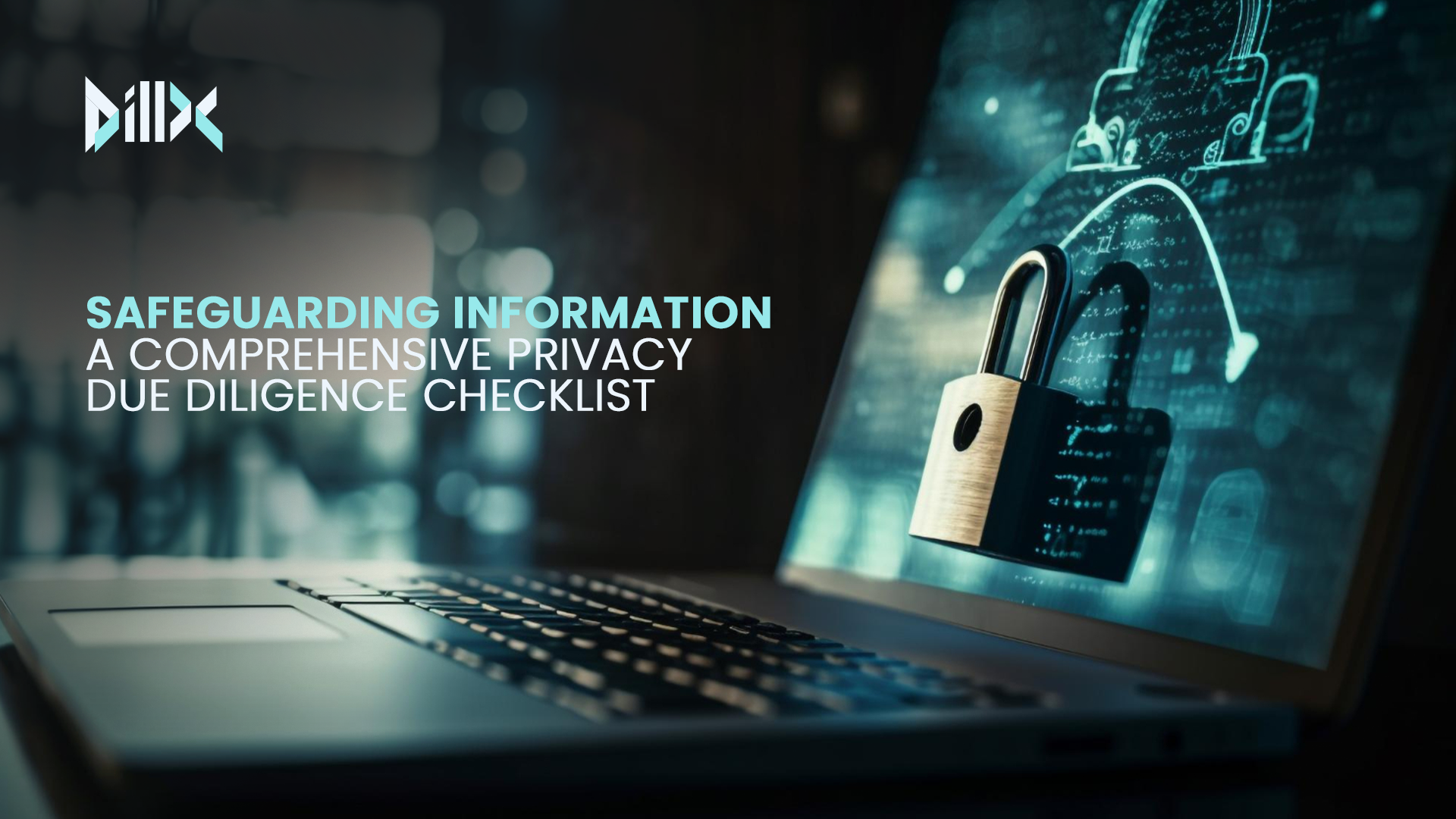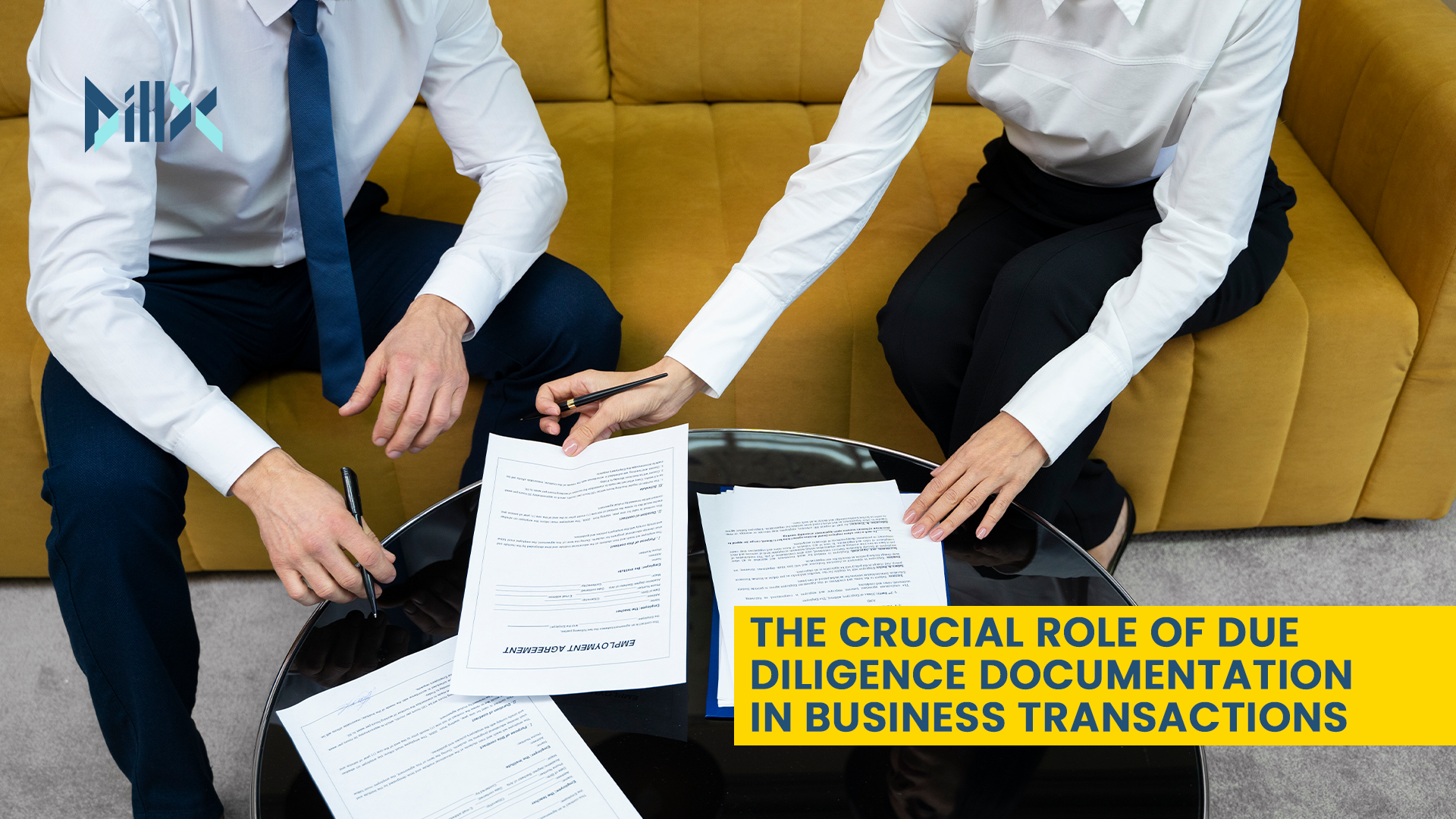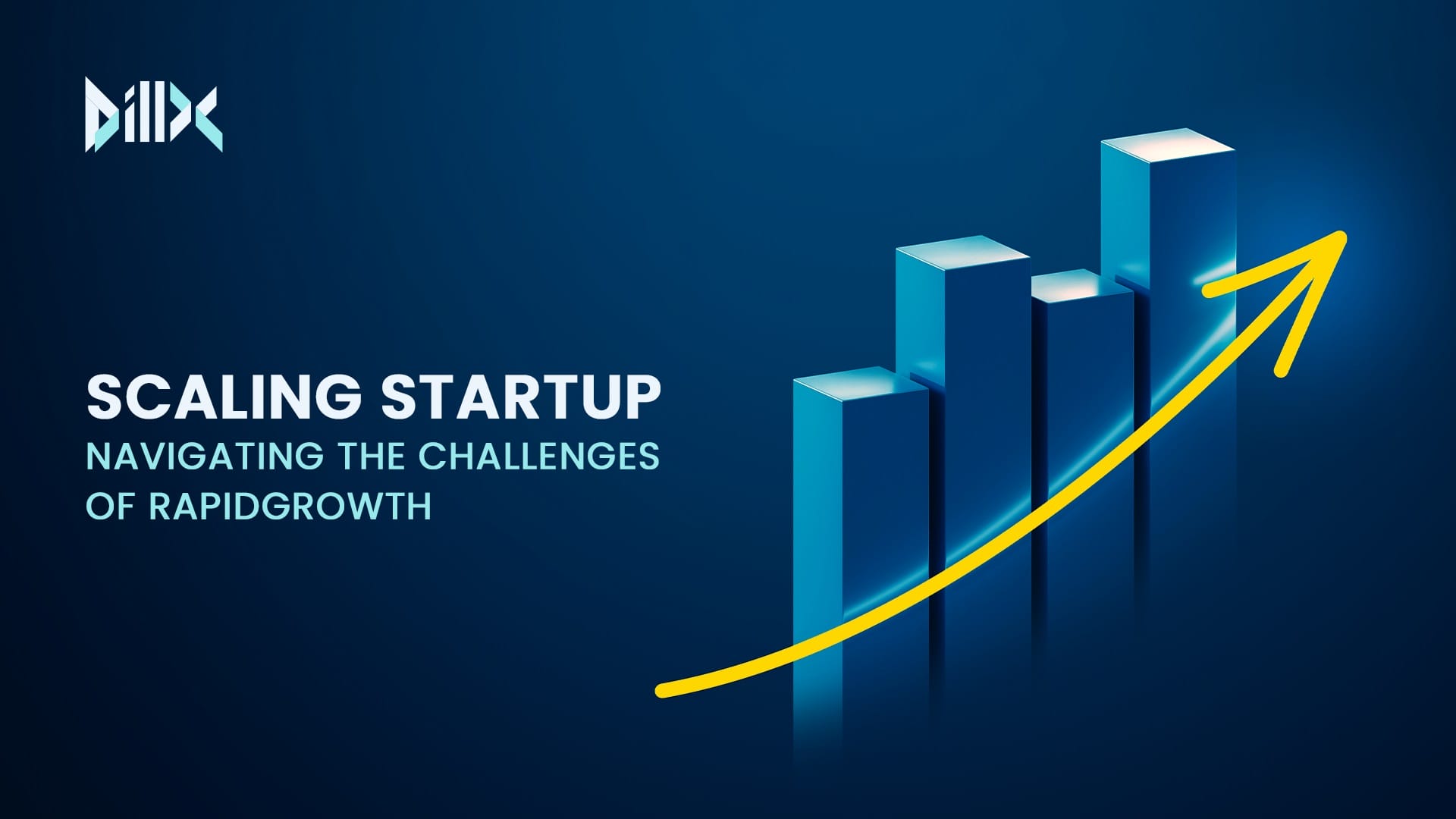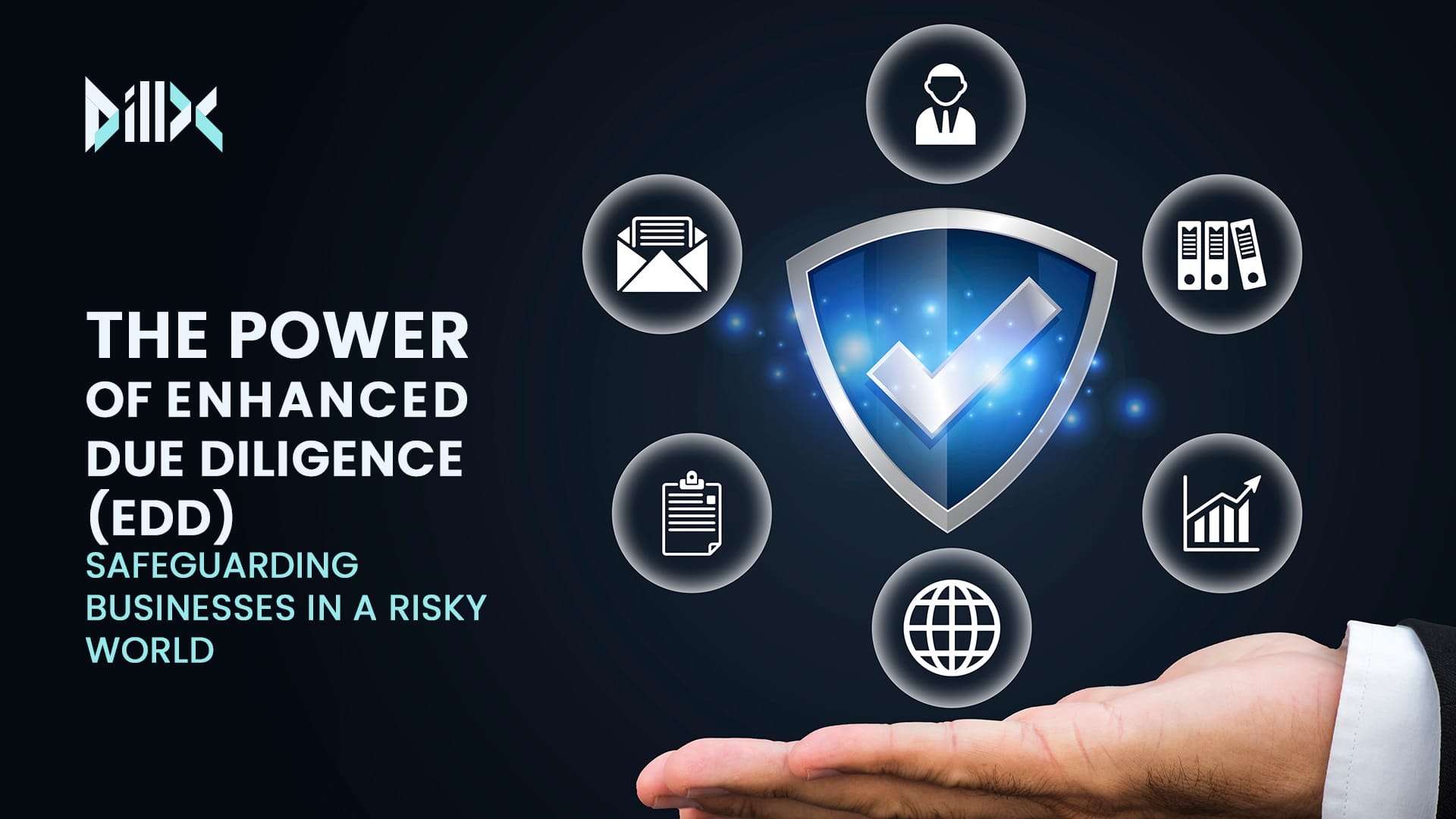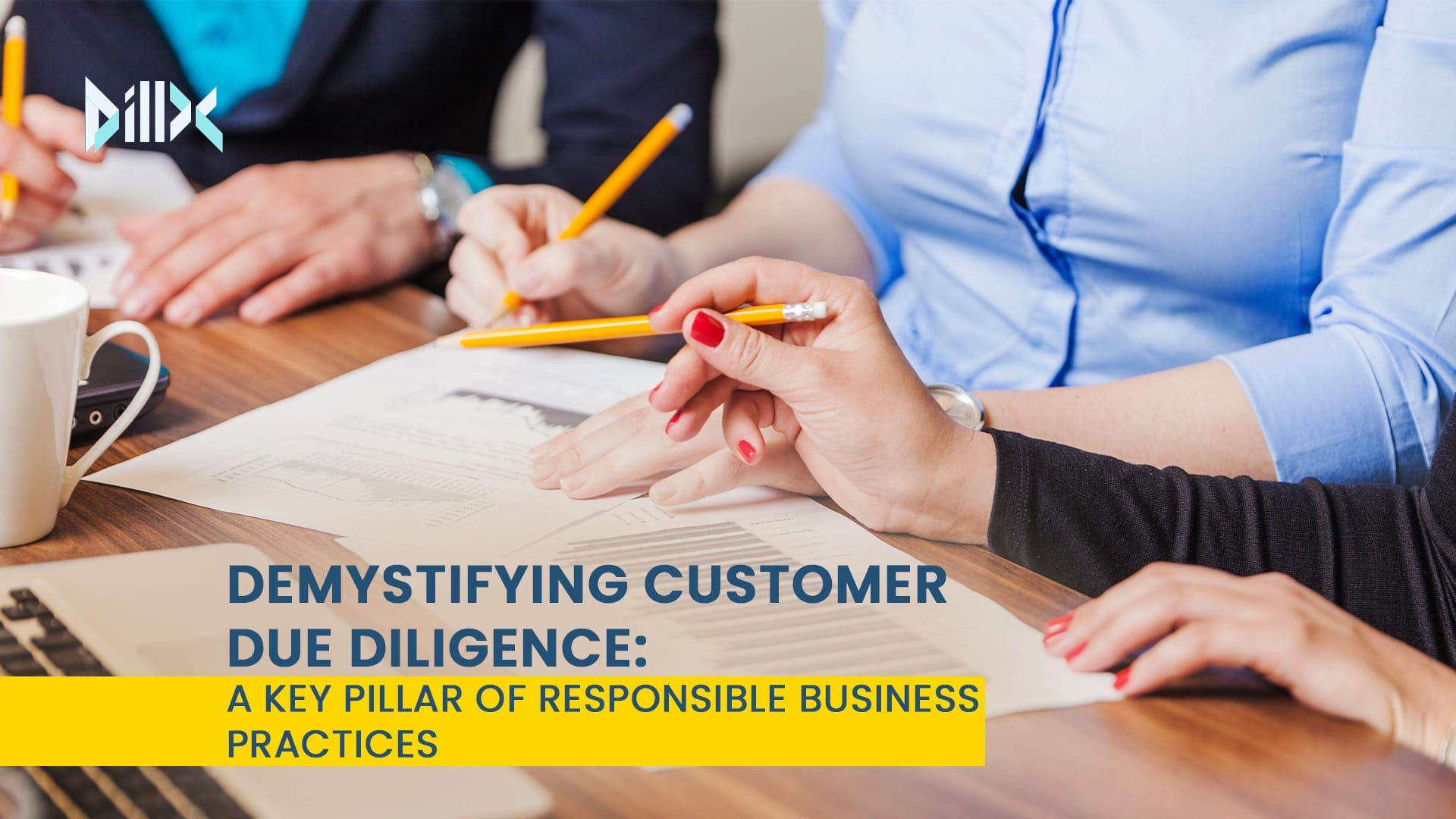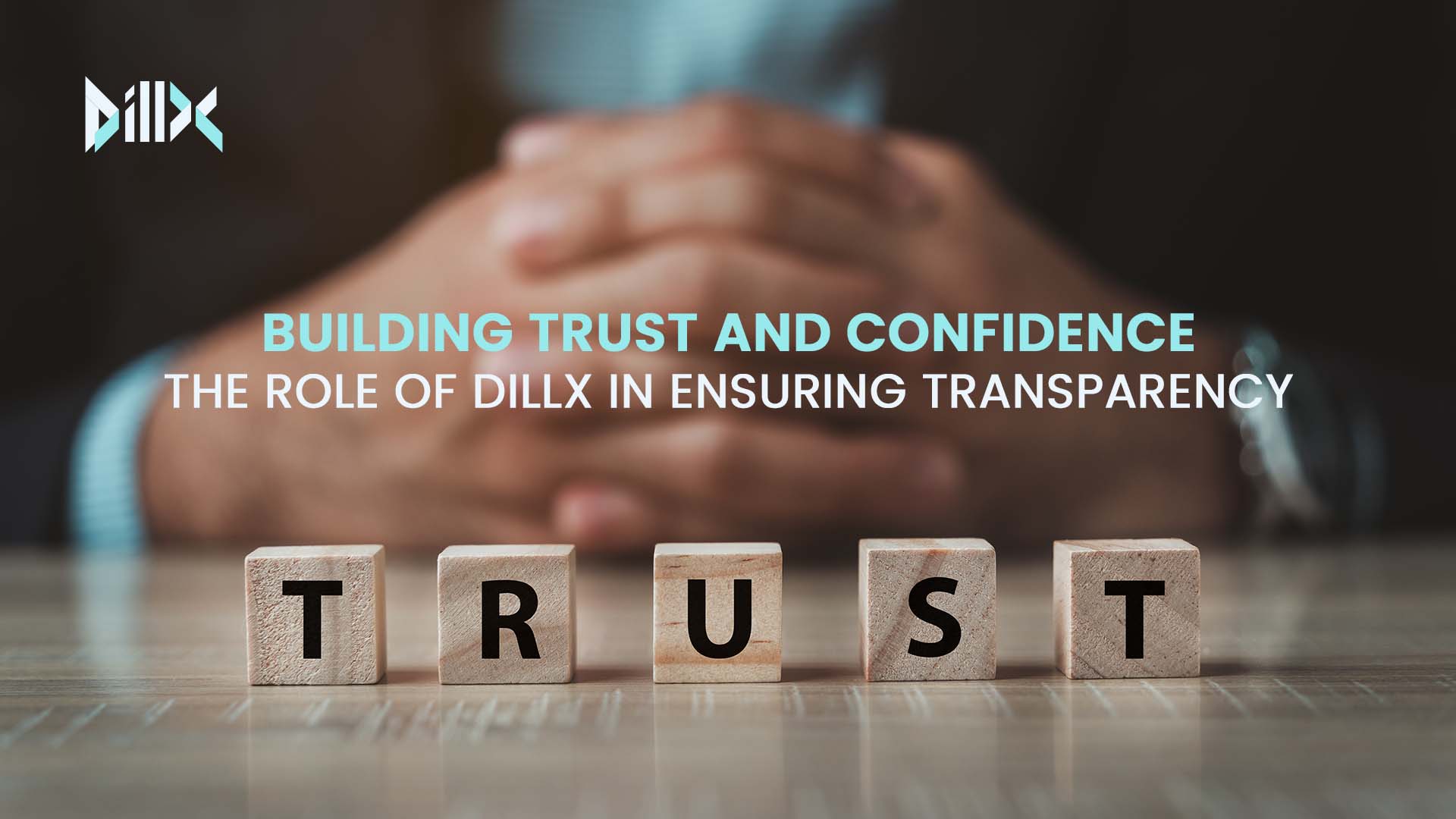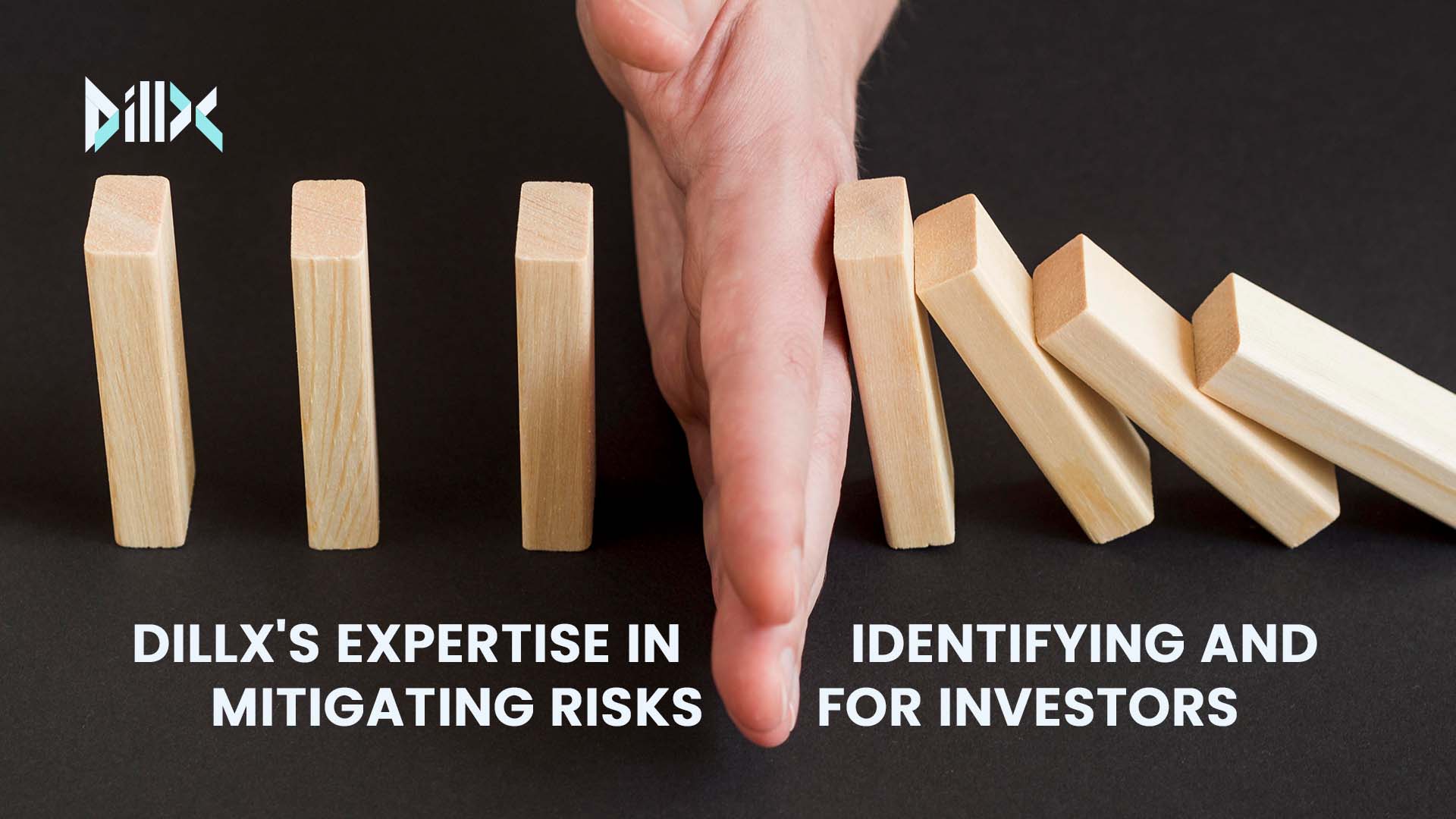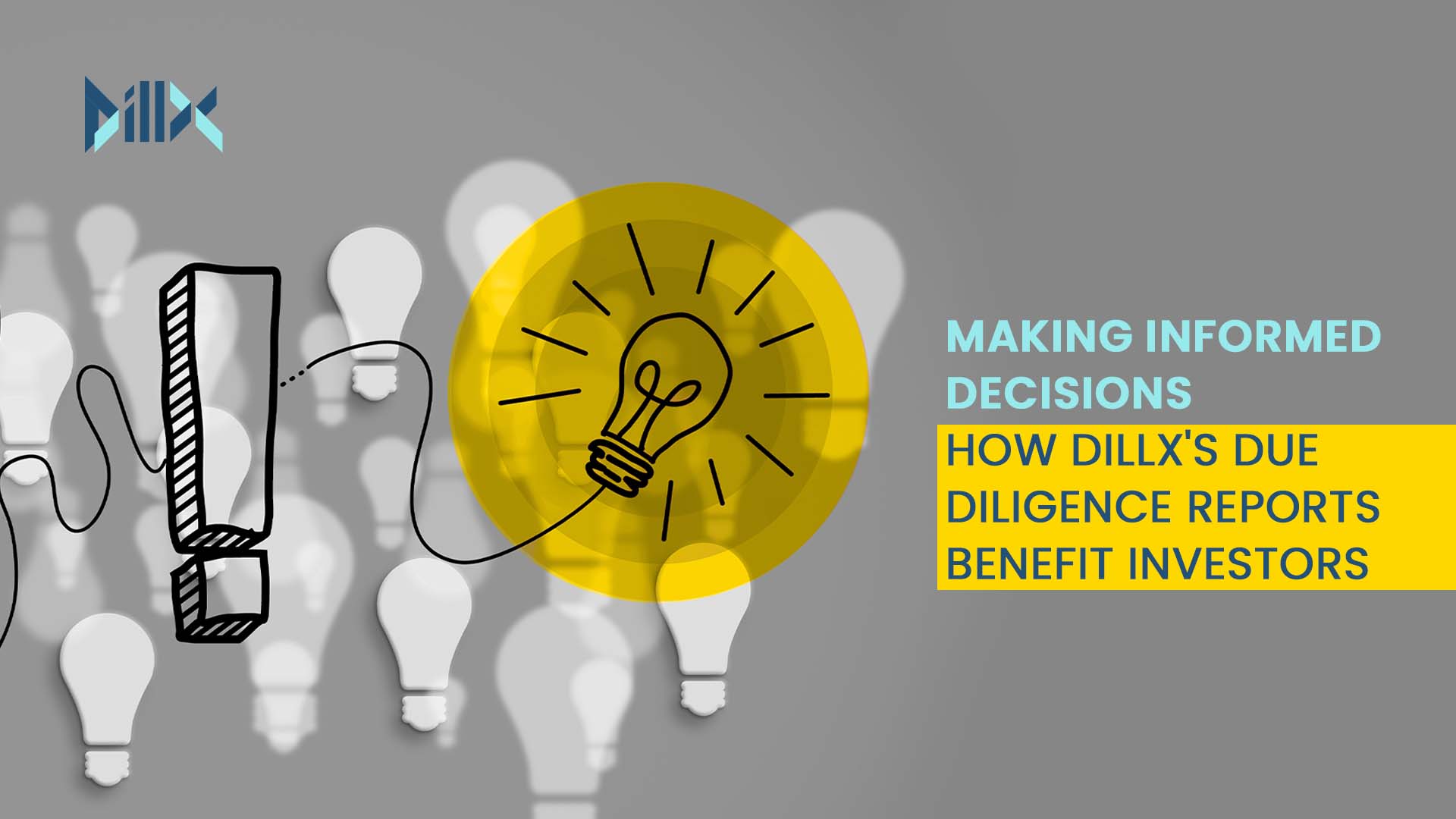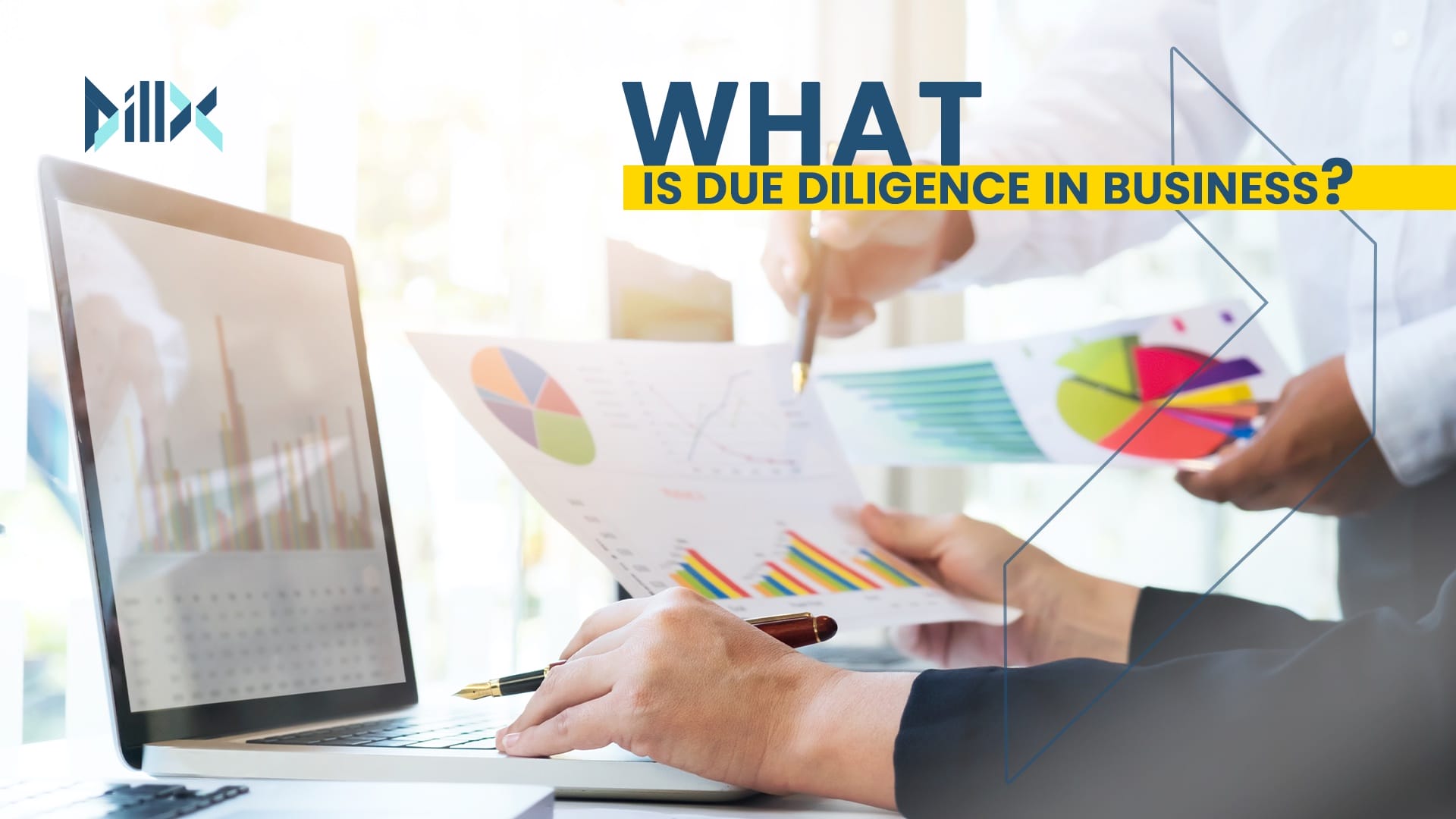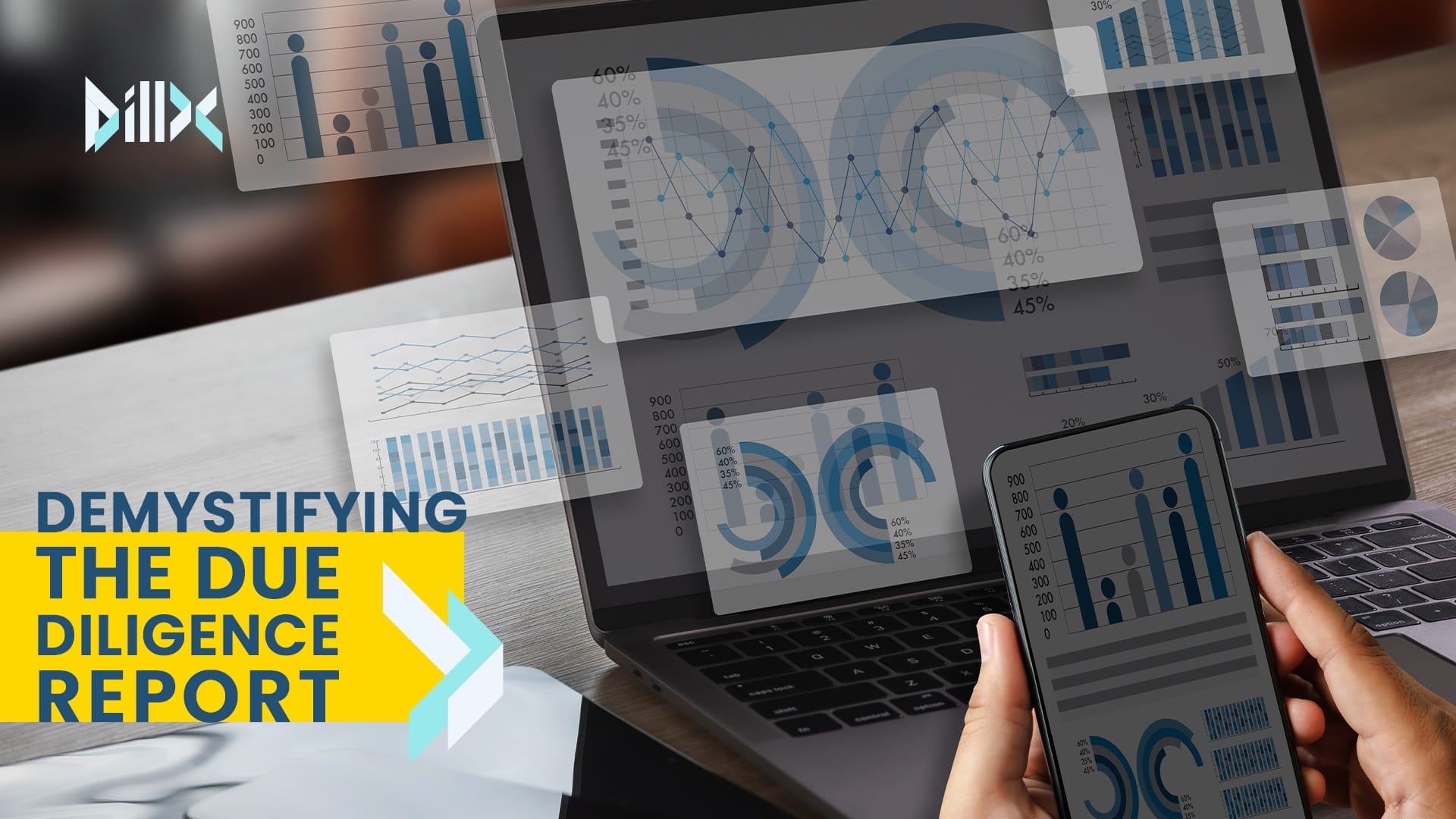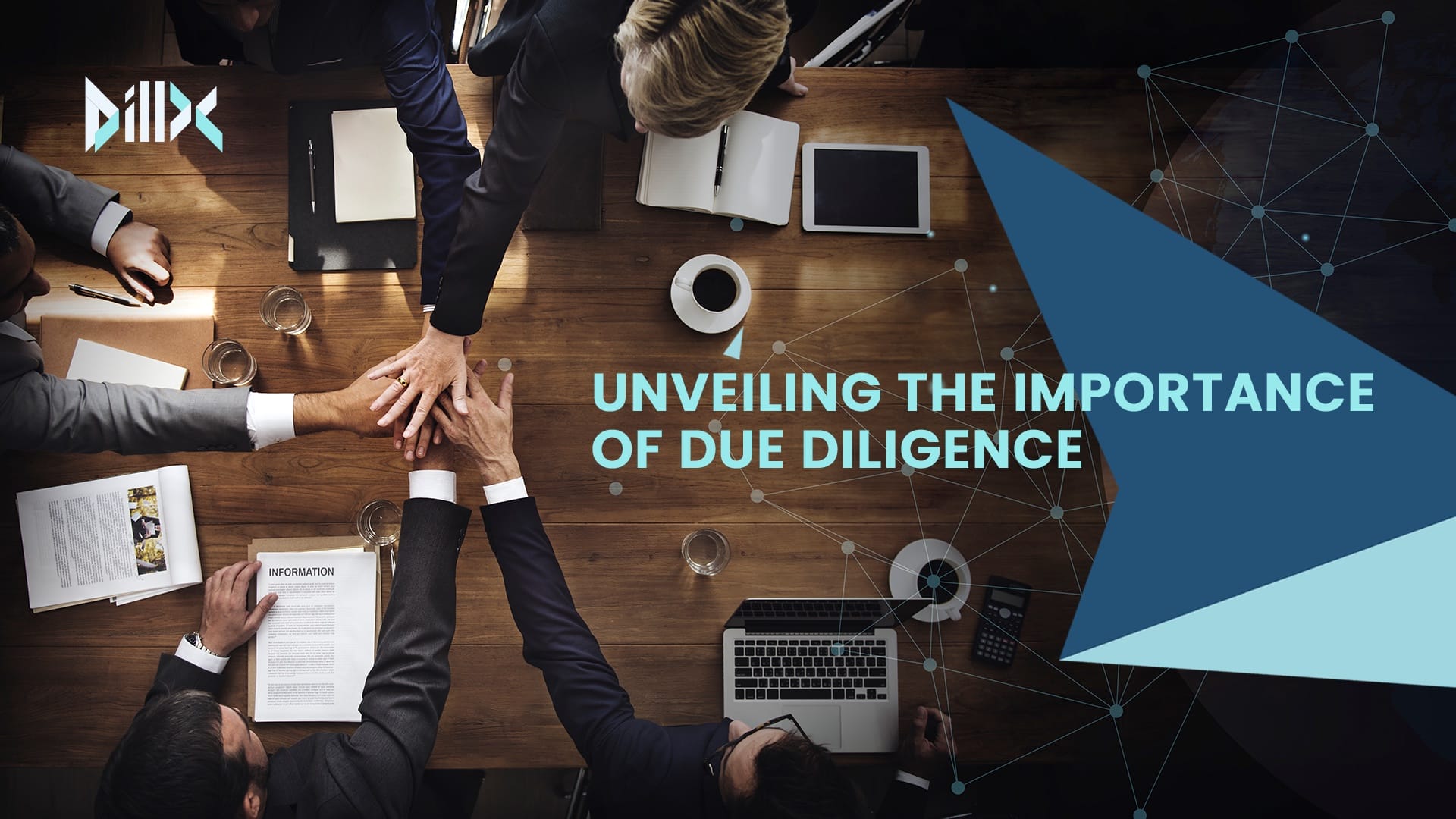Before making significant business decisions, such as mergers, acquisitions, partnerships, or investments, conducting thorough due diligence is essential. Business due diligence is a systematic and comprehensive process that enables stakeholders to assess the financial, operational, and legal aspects of a target company. To facilitate this critical exercise, we present the ultimate business due diligence checklist that covers the key areas of investigation. By following this checklist, businesses can make informed choices, mitigate risks, and set the stage for successful ventures.
Financial Due Diligence
- Financial Statements: Obtain and analyze the target company’s audited financial statements for the past three to five years to assess its financial health, revenue trends, and profitability.
- Tax Records: Review tax returns and ensure compliance with tax regulations. Look for any outstanding tax liabilities or pending audits.
- Debts and Liabilities: Identify and evaluate all outstanding debts, loans, and liabilities of the target company, including contingent liabilities and pending litigation.
- Cash Flow Analysis: Examine the company’s cash flow patterns to understand its ability to meet financial obligations and maintain liquidity.
- Accounts Receivable and Payable: Analyze the company’s accounts receivable and payable to gauge its credit management practices and relationships with suppliers and customers.
Legal Due Diligence
- Corporate Governance: Evaluate the target company’s corporate structure, bylaws, and governance practices to ensure compliance with legal requirements.
- Contracts and Agreements: Review all contracts, including customer agreements, supplier contracts, and partnership agreements, to assess their validity, terms, and any potential risks.
- Intellectual Property: Verify the ownership and protection status of the company’s intellectual property, such as trademarks, patents, and copyrights.
- Regulatory Compliance: Confirm that the target company adheres to all relevant industry regulations and has no history of non-compliance or regulatory penalties.
- Litigation and Legal Issues: Investigate any ongoing or past litigation, disputes, or regulatory actions that could impact the company’s financial stability or reputation.
Operational Due Diligence
- Key Personnel: Assess the expertise and experience of the company’s key management and employees, as well as turnover rates.
- Operational Processes: Evaluate the efficiency and effectiveness of the company’s operational processes, supply chain management, and production capabilities.
- Technology and IT Infrastructure: Review the company’s technology infrastructure, cybersecurity measures, and potential vulnerabilities.
Market Due Diligence
- Industry Analysis: Conduct a comprehensive analysis of the industry in which the target company operates, including market trends, competitors, and growth prospects.
- Customer and Supplier Relationships: Understand the company’s relationships with its customers and suppliers, including any concentration risks.
Commercial Due Diligence
- Market Share and Positioning: Analyze the company’s market share, competitive positioning, and brand reputation.
- Customer Feedback and Reviews: Gather customer feedback and reviews to gauge customer satisfaction levels and potential issues.
Environmental and Social Due Diligence
- Environmental Impact: Assess the company’s environmental policies and practices, including any potential environmental liabilities.
- Social Responsibility: Evaluate the company’s commitment to social responsibility, diversity, and ethical practices.
Conclusion
A comprehensive business due diligence checklist serves as a vital tool for decision-makers to thoroughly evaluate potential opportunities and risks. By conducting a systematic assessment of financial, legal, operational, market, commercial, and environmental aspects, businesses can make informed choices and pave the way for successful collaborations, investments, and ventures. Remember, each business may have unique requirements, so adapting this checklist to suit specific contexts is crucial for obtaining the most accurate and relevant information.
About DillX
Unlock the power of streamlined due diligence with DillX. Say goodbye to months of manual, costly processes and embrace efficiency in just 3 days. Our SaaS platform automates the entire due diligence process, generating detailed DX reports with pre-verified company information and red flag alerts. Founders can track their investment readiness, while investors can assess more startups with reduced risk. Ready to transform your due diligence experience? Join our waitlist today.



























